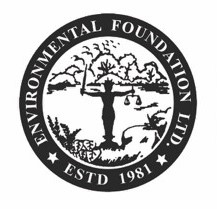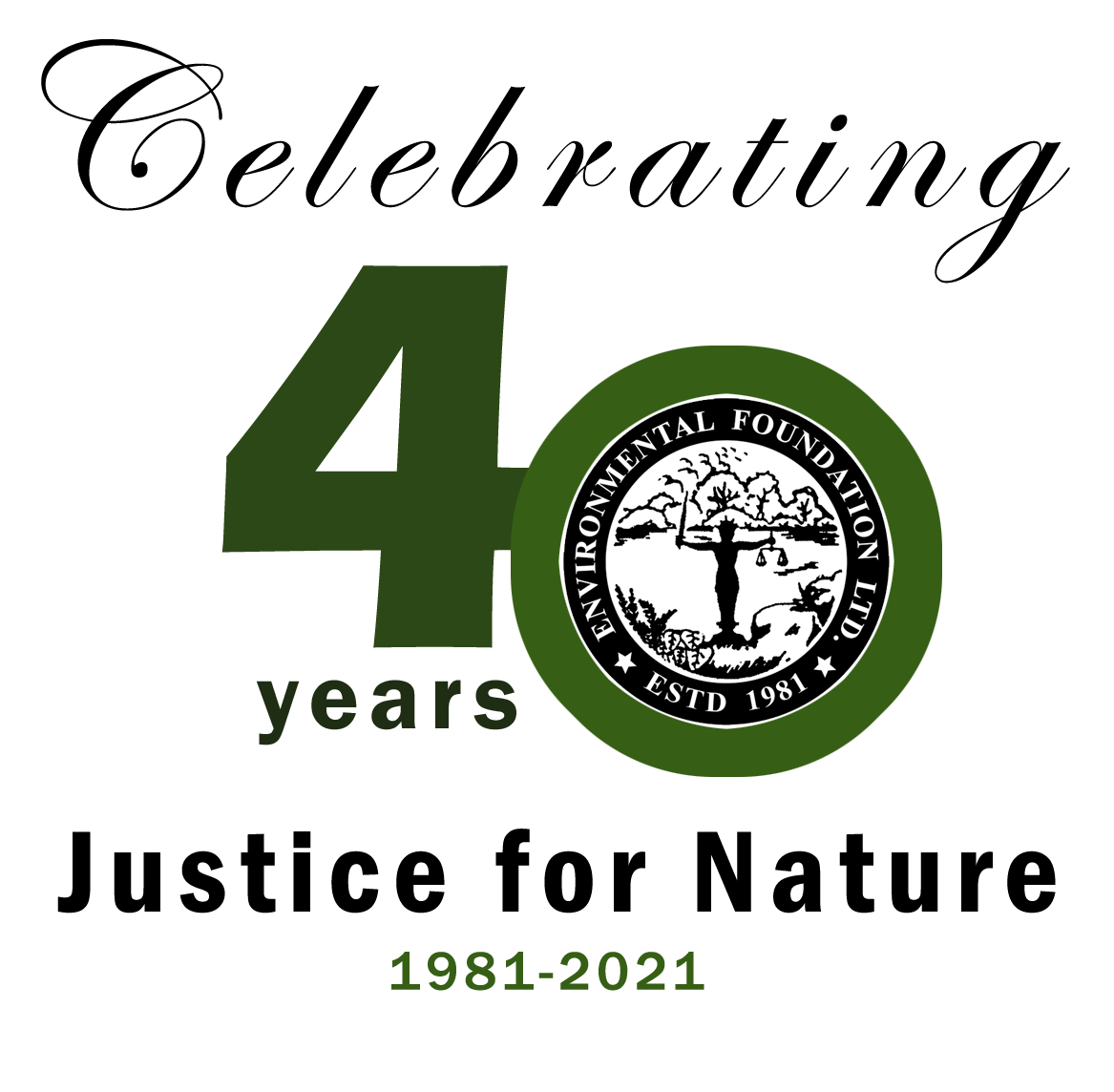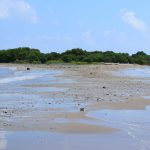The aim of this Policy Dialogue was to bring all the relevant stakeholders to a common platform to establish responsibilities and collectively develop a long term, proactive solution to prevent future industrial disasters. EFL believes that the existing Policy and Legislation for curtailing industrial pollution is firm, however we believe there is a need for effective enforcement of laws and a highly stringent monitoring mechanism to verify that all standards are met. This forum was created to identify the problems and barriers faced
EFL conducted a site visit to Eli Hatha on the 3rd of November 2015, approximately one year after the previous site visit. Although the documents pertaining to the approval of the hydro-power plant stated 3MW capacity, it is clear upon inspection that two turbines are currently installed and operating on full capacity. The information on the ground revealed that due to the heavy rains, the power generation increases to an extent that the power plant shut down during this time.
The Symposium was held between 1-3 November, at the Mount Lavinia Hotel, Sri Lanka. The event was organized by the Wildlife and Nature Protection Society of Sri Lanka. The main objective of this symposium was to highlight ongoing research on South Asia’s wild cats, while updating stakeholders and other interested parties about the current status of the relevant species. An important off-shoot of this symposium is to identify knowledge gaps that require attention and can be targeted for further/future study and increase collaboration between local and international
The Central Environmental Authority requested comments on the Environmental Impact Assessment (EIA) report, created for the Proposed Project on Metro Colombo Solid Waste Management plan. EFL commented on the EIA, and forwarded these comments, in terms of section 23 BB of the National Environment Act No.47 of 1980 as amended and the Gazette Extraordinary No. 772/22 of 24th June 1993.
Hakgala Strict Nature Reserve (HSNR) is one of the nation’s most important Protected Areas (PA). It is the only SNR in the country at high altitude, and provides exceptional goods and services (to learn more, visit our Biodiversity Conservation page). Not only does HSNR contain unique and endangered biodiversity, it is also the critical watershed for the Uva Basin, which is one of the poorest areas in the country. In addition, the downstream Uma Oya River supplies Mahaweli systems





